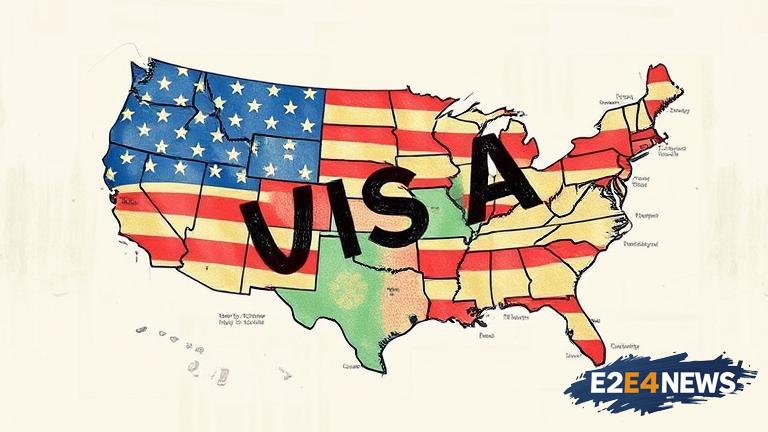A recent incident involving a 26-year-old individual’s B2 visa rejection has taken the internet by storm, with many users weighing in on the possible reasons behind the decision. The applicant, who had applied for a tourist visa to visit the United States, was reportedly rejected due to concerns over their intention to return to their home country. The news of the rejection sparked a heated debate on social media platforms, with many users speculating about the factors that may have contributed to the decision. Some attributed the rejection to the applicant’s relatively low salary, which may have raised concerns about their ability to support themselves during their stay in the US. Others pointed to the applicant’s marital status, suggesting that being single may have been viewed as a negative factor by the visa authorities. However, many experts argue that the decision to reject a visa application is often based on a complex array of factors, including the applicant’s overall profile, travel history, and ties to their home country. The US visa application process is notoriously rigorous, with applicants required to provide extensive documentation and undergo a thorough interview. Despite this, many applicants are often left feeling frustrated and confused by the rejection process, with little insight into the specific reasons behind the decision. The incident has highlighted the need for greater transparency and clarity in the visa application process, with many calling for more detailed feedback to be provided to rejected applicants. The US government has implemented a range of measures in recent years aimed at strengthening the visa application process and preventing abuse. However, many argue that these measures have also made it more difficult for legitimate applicants to secure a visa. The debate surrounding the 26-year-old’s visa rejection has also raised questions about the role of social media in shaping public discourse around immigration and visa issues. While social media platforms can provide a valuable outlet for discussion and debate, they can also perpetuate misinformation and fuel divisive rhetoric. As the US continues to grapple with the complexities of immigration and visa policy, it is clear that a more nuanced and informed public discourse is needed. The incident has also highlighted the importance of seeking professional advice and guidance when navigating the visa application process. Many applicants may be unaware of the specific requirements and regulations surrounding their application, and may benefit from the expertise of a qualified immigration lawyer. Furthermore, the rejection of the 26-year-old’s visa application has sparked a wider discussion about the challenges faced by young people seeking to travel and work abroad. Many young individuals face significant barriers when attempting to secure a visa, including limited financial resources and a lack of established ties to their home country. The incident has also raised questions about the impact of visa rejection on mental health and wellbeing, with many applicants reporting feelings of frustration, anxiety, and disappointment. In conclusion, the rejection of the 26-year-old’s B2 visa application has sparked a heated and complex debate about the factors that contribute to visa rejection, and the need for greater transparency and clarity in the application process. As the US continues to evolve its immigration and visa policies, it is clear that a more nuanced and informed public discourse is needed to ensure that the rights and interests of all applicants are protected.
